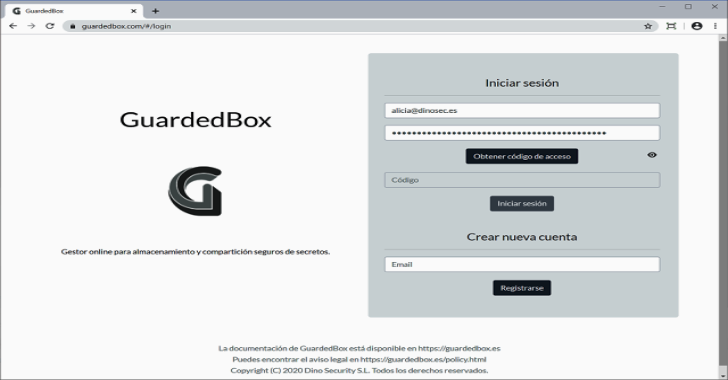Pingora is a cutting-edge Rust framework designed to build fast, reliable, and programmable networked systems.
Developed by Cloudflare, Pingora has been battle-tested, handling over 40 million Internet requests per second for several years.
It offers a robust alternative to traditional solutions like NGINX, focusing on memory safety, performance, and extensibility.
Key Features
Pingora is built with Async Rust, ensuring speed and reliability. It supports:
- HTTP/1 and HTTP/2 end-to-end proxying.
- TLS integration using OpenSSL, BoringSSL, or experimental Rustls.
- Proxying for gRPC and WebSockets.
- Customizable load balancing and failover strategies.
- Integration with observability tools like Prometheus and OpenTelemetry.
- Graceful reloads for zero-downtime updates.
Advantages
- Security: As a memory-safe alternative to C/C++ services, Pingora minimizes vulnerabilities caused by memory management errors.
- Performance: Its multi-threaded architecture reduces CPU and memory usage by up to 70% compared to older systems like NGINX/OpenResty. Efficient connection reuse cuts down on TLS handshake overheads.
- Customization: Programmable APIs enable developers to build tailored HTTP proxies, load balancers, or advanced gateways.
Pingora is ideal for performance-sensitive services requiring high customization or enhanced security.
It has already processed nearly a quadrillion Internet requests on Cloudflare’s global network while significantly improving metrics like Time to First Byte (TTFB).
Pingora primarily supports Linux but offers experimental Windows compatibility. It requires Clang and Perl 5 for certain builds and adheres to a rolling six-month minimum supported Rust version policy (currently Rust 1.72).
Developers can explore Pingora through its user guide and API documentation, which explain how to configure servers, create custom HTTP logic, and build load balancers.
The framework includes several specialized crates for tasks like load balancing (pingora-load-balancing), memory caching (pingora-memory-cache), and SSL extensions (pingora-openssl).
Released under the Apache License 2.0, Pingora is open-source, enabling developers worldwide to leverage its capabilities for building secure and efficient networked systems.














.webp)

